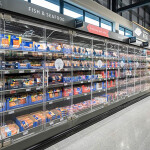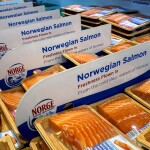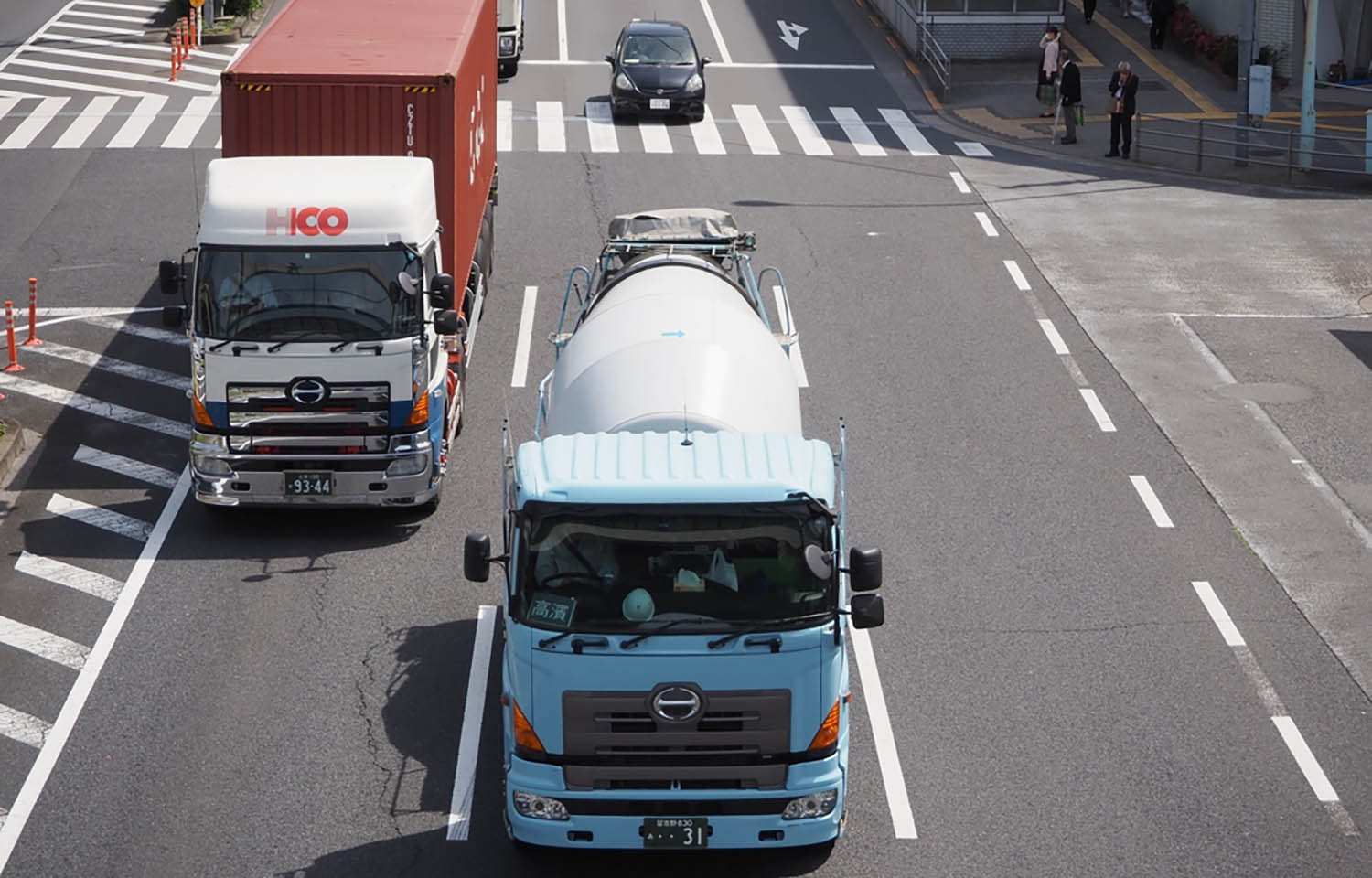Amid a severe shortage of trucking capacity in Japan due to a labor shortage and logistics inefficiencies, two of the country’s biggest seafood companies – Nissui and Maruha Nichiro – are collaborating with three frozen food companies Nichirei, Ajinomoto Frozen Foods, and TableMark to establish a new logistics system.
“The frozen food industry faces unique challenges, such as the labor load on workers due to the low-temperature environment and the need to control product temperatures in limited storage space,” Maruha Nichiro told SeafoodSource. “In this context, we believe it is important to take measures … to improve loading efficiency.”
Not only is this partnership meant to tackle current challenges, but the companies are looking to continually build on this foundation to find effective ways to deal with future issues, such as reducing manual cargo handling and greenhouse gas emissions.
Current issues, though, continue to hamper supply chain efficiency in Japan.
The trucking industry is facing a labor shortage, and the truckers who are working currently have to wait in long queues to load and unload their trucks.
Some in the food industry have dubbed the labor shortage “the 2024 problem,” and it has mostly stemmed from a government safety regulation limiting the overtime work of truckers in Japan to 960 hours a year, or about 18 hours per week, starting from April 2024.
Besides the fact this measure has lowered trucking capacity in the short term, it is expected that fewer young people will enter the occupation in the future.
With no end to a shortage of trucking capacity in sight, delays and disruptions to the supply chain are likely to continue, affecting everything from groceries to manufactured goods. Tokyo-based Nomura Research Institute estimated that, based on current handling methods, the national logistics system would be unable to handle about 28 percent of scheduled deliveries by 2025, rising to around 35 percent by 2030.
To alleviate some of these issues, the five-company partnership is aiming to improve the loading rate of trucks and productivity at logistics sites, which would stabilize the overall supply chain network and ease the burden on truckers and logistics companies.
The companies’ plan promotes introducing …








